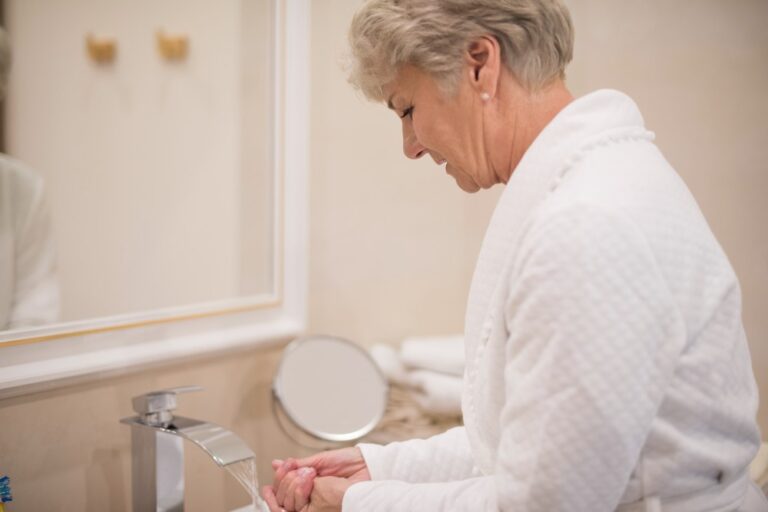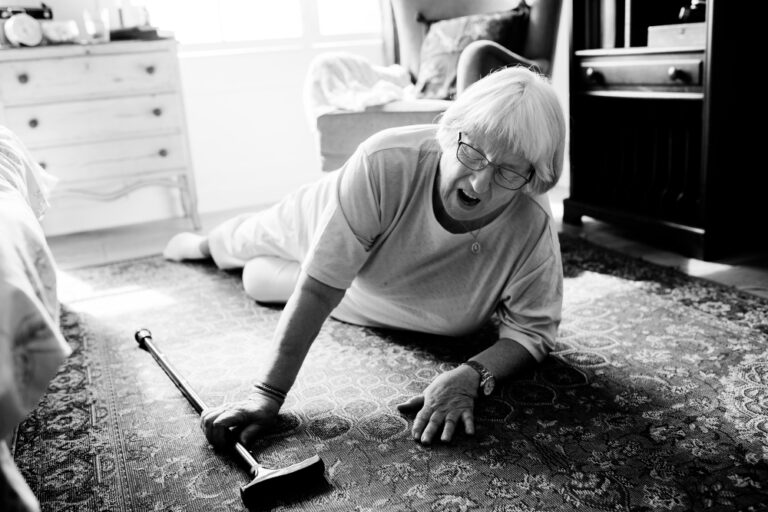Table of Contents
- Why is Stress Reduction Important for Seniors?
- 5 Simple Ways Seniors Can Reduce Stress
- Conclusion: Living Stress-Free in Your Golden Years
As we age, stress can become more prominent due to the unique challenges older adults face, such as transitioning from work to retirement, increased health concerns, and the loss of loved ones. For seniors, stress isn’t just an inconvenience; it can significantly affect their physical and mental well-being, making it harder to fully enjoy their golden years. Let’s explore why managing stress is crucial for seniors and look at some simple, effective ways to reduce it.
Why is Stress Reduction Important for Seniors?
Chronic stress can lead to severe health complications, particularly in older adults. Some of the most common stress-related health issues include:
- Heart disease
- Stroke
- High blood pressure
- Diabetes
- Depression and anxiety
- Insomnia
- Headaches
- Muscle pain
- Digestive problems
In addition to these conditions, stress weakens the immune system, making seniors more vulnerable to infections. Furthermore, prolonged stress can accelerate the aging process, which makes it even more important to prioritize stress management.
5 Simple Ways Seniors Can Reduce Stress
Maintaining a stress-free lifestyle doesn’t have to be complicated. Here are five practical and easy-to-implement tips to help older adults reduce stress and improve their overall well-being.
1. Regular Walks: A Simple but Powerful Stress Reliever
Walking is a low-impact activity that provides numerous health benefits. Not only does it improve cardiovascular health, but walking also helps to boost mental clarity and reduce stress.
According to the Anxiety and Depression Association of America, physical activity produces endorphins, the brain’s natural painkillers, which help in reducing stress and improving sleep quality. For seniors, walking can also enhance independence, as Harvard Health notes that physically active older adults are more likely to maintain their ability to perform daily tasks on their own.
To make walking even more enjoyable, consider joining a local walking group or taking leisurely strolls in a scenic park. Surrounding yourself with nature can further enhance the stress-relief benefits.
Learn More: Exercise Tips For Seniors: How To Stay Active As You Age
2. Meditation: A Timeless Technique for Stress Reduction
Meditation has been practiced for centuries and is widely recognized as an excellent way to calm the mind and reduce stress. It helps create a sense of peace and emotional balance, which is especially beneficial for seniors dealing with anxiety or stress.
Key elements of meditation include:
- Relaxed breathing: Slow, deep breaths help calm the nervous system.
- Focused attention: Concentrating on a single point, whether it’s breathing or a mantra, reduces mental distractions.
- A quiet setting: A peaceful environment allows the mind to relax.
- A comfortable position: Sitting or lying down comfortably helps with focus.
- An open attitude: Accepting thoughts as they come without judgment encourages mental relaxation.
Many senior living communities now offer meditation classes to help residents enjoy these benefits, making it easy to incorporate this practice into daily life.
3. Prioritize Quality Sleep for Better Stress Management
Sleep disturbances are common among seniors, often caused by stress, anxiety, or changes in the body’s internal clock. Poor sleep can lead to increased stress levels, creating a vicious cycle that’s hard to break. Ensuring a good night’s sleep is essential for managing stress and maintaining overall health.
Here are a few tips for better sleep:
- Create a bedtime routine: Engage in relaxing activities such as reading or taking a warm bath before bed.
- Reduce distractions: Keep the bedroom free from televisions, phones, and bright lights.
- Avoid stimulants: Stay away from caffeine, alcohol, and tobacco, especially in the evening.
Quality sleep is key to reducing stress and keeping the mind sharp and focused.
4. Spend Time with Pets for Mental and Emotional Benefits
Interacting with animals, particularly pets like cats and dogs, is known to have significant stress-relieving benefits. Studies from Harvard Health have shown that pet ownership can lower blood pressure, reduce feelings of loneliness, and improve overall psychological well-being.
If you don’t have a pet of your own, consider volunteering at a local animal shelter. Many animals are in need of companionship, and spending time with them can help reduce stress while also making a positive impact on the community.
5. Laughter: The Easiest Way to Reduce Stress
They say laughter is the best medicine, and it’s true! Laughter can instantly lift your mood and reduce stress levels. Whether you’re watching a funny movie, attending a comedy show, or simply spending time with friends who make you laugh, this simple act can do wonders for your mental health.
Surround yourself with positive, fun-loving people, and make it a point to find joy in the little things. You’ll be surprised how much a good laugh can help reduce stress and improve your overall outlook on life.
Learn More: What to Know About Anxiety in Older Adults
Conclusion: Living Stress-Free in Your Golden Years
Stress is a part of life, but it doesn’t have to dominate your golden years. By incorporating small, daily habits such as walking, meditation, getting quality sleep, interacting with pets, and laughing more often, seniors can significantly reduce their stress levels and enjoy a healthier, happier life. At From The Heart Home Care, we’re dedicated to helping seniors live a stress-free and fulfilling life. Reach out to learn how our personalized care services can support your well-being and help you enjoy every moment.







